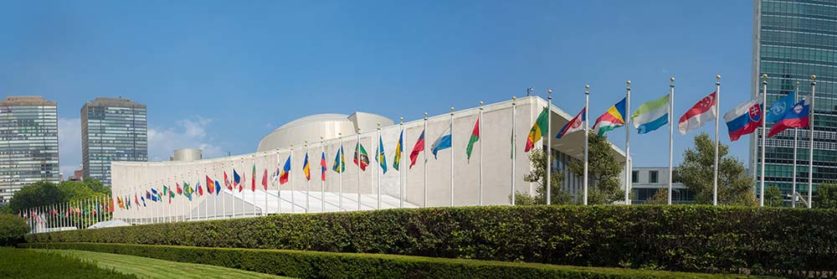
Research commissioned by the Catholic development charity CAFOD has shown that between 2010 and 2014, the UK’s overseas spend on renewable energy was half the size of what it spent on fossil fuels.
The research was conducted for CAFOD by the Overseas Development Institute (ODI), and found that the UK government spent £6.13 billion on energy in developing countries during the given period, which is the most recent for which figures are available. This represents an increase of almost £1 billion compared to equivalent figures for 2009-2013.
The UK overseas energy budget is important as it helps poorer countries mitigate in various ways the negative effects of pollution, which harm them proportionally more than more developed countries. It also aids progression generally in those countries, giving them the means they need to further develop crucial energy technologies. CAFOD explains, in their analysis of the research: “The easiest and most cost-effective way to deliver energy services to poor communities living in remote areas is through distributed energy solutions, usually powered by renewable energy.”
However, their findings show that of the £6.1 billion spent by the UK government, 46% went on fossil fuel related projects, and just 22% went on renewables. This imbalance, CAFOD claim, “suggests that there’s a contradiction between the government’s practice and its international obligations”. The international obligations include those set out in the Paris Agreement, as well as according to the Sustainable Development Goals, another UN initiative.
CAFOD lead analyst, Dr Sarah Wykes, said: “To tackle climate change we have to leave fossil fuels in the ground and switch rapidly to renewable sources of energy. It doesn’t make sense for there to still be any public money going into fossil fuels overseas.
“Supporting fossil fuels overseas puts UK leadership at risk at a time when it is needed now more than ever on the Paris Agreement. We’d like some clarity from the government on how it plans to make its energy spending consistent with its promises to tackle climate change and help the world’s poorest people access modern energy services.”
The problem appears to be mainly down to one particular government body – UK Export Finance (UKEF). The Department for International Development spent 32% of its energy budget on support for renewable projects between 20120 and 2014, compared to 22% on fossil fuels. However, a staggering 99.4% of UKEF funding went on fossil fuel projects, massively skewing the overall balance.
Wykes said: “Whilst the spending by DFID indicates there is an improving picture for how much aid money goes to energy access, the UK needs to be moving farther at a quicker rate if we are to make sure that we can connect the world’s poorest people to modern energy services.”




